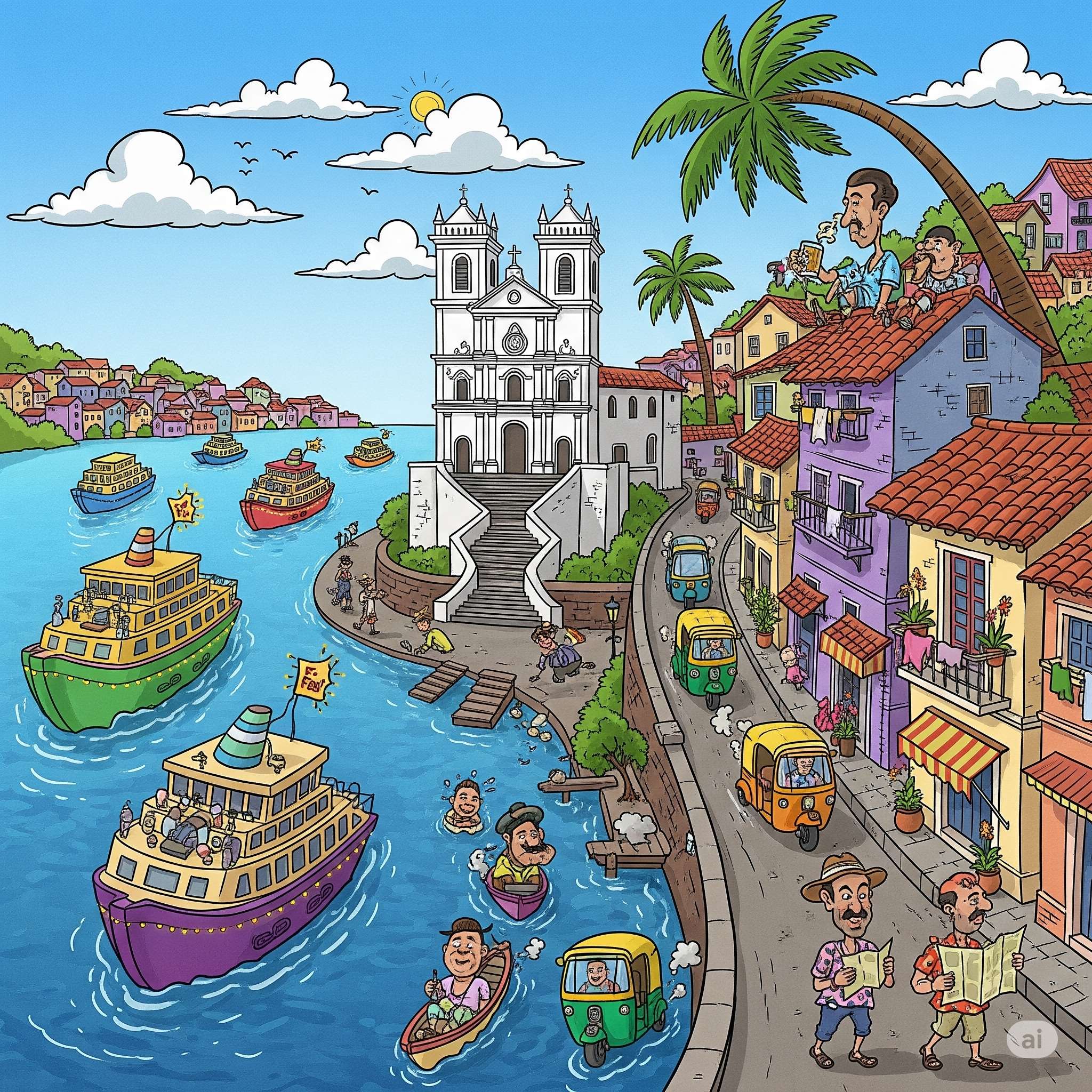
Panaji Heritage
Discover the rich cultural tapestry of Goa's capital city, where Portuguese colonial charm meets Indian tradition
Welcome to Panaji
Panaji, the capital of Goa, is a living museum of Portuguese colonial architecture, vibrant culture, and centuries-old traditions. Nestled along the banks of the Mandovi River, this charming city tells the story of India's unique colonial heritage.
A Brief History
Founded in the 16th century by the Portuguese, Panaji (originally called Nova Goa) served as the capital of Portuguese India from 1843 until Goa's liberation in 1961. The city's unique blend of European and Indian influences is evident in its architecture, cuisine, and cultural practices.
Today, Panaji stands as a testament to this rich multicultural heritage, with its colorful Portuguese-style houses, baroque churches, and tree-lined avenues creating an atmosphere unlike anywhere else in India.
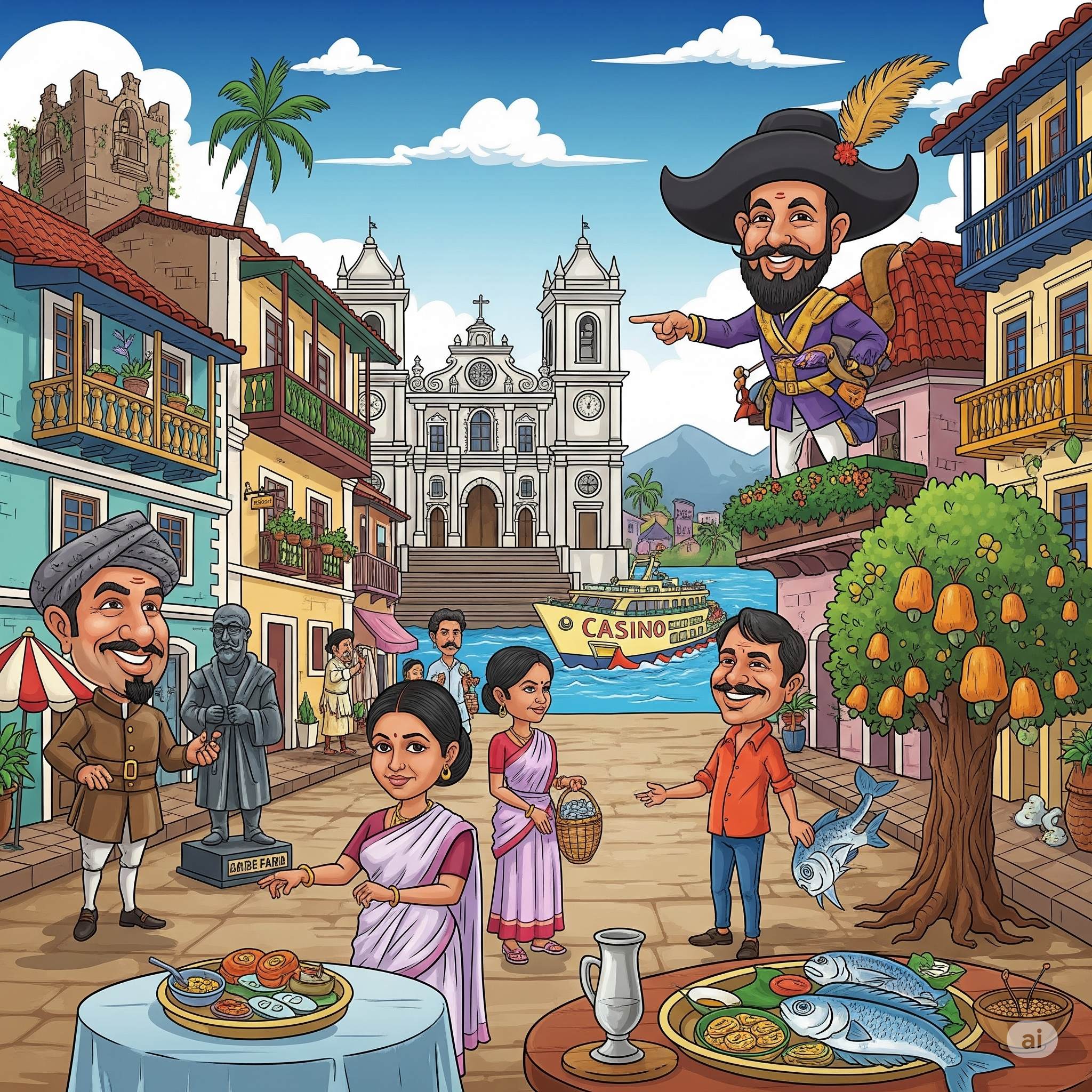
Heritage Landmarks
Explore the architectural marvels that define Panaji's character
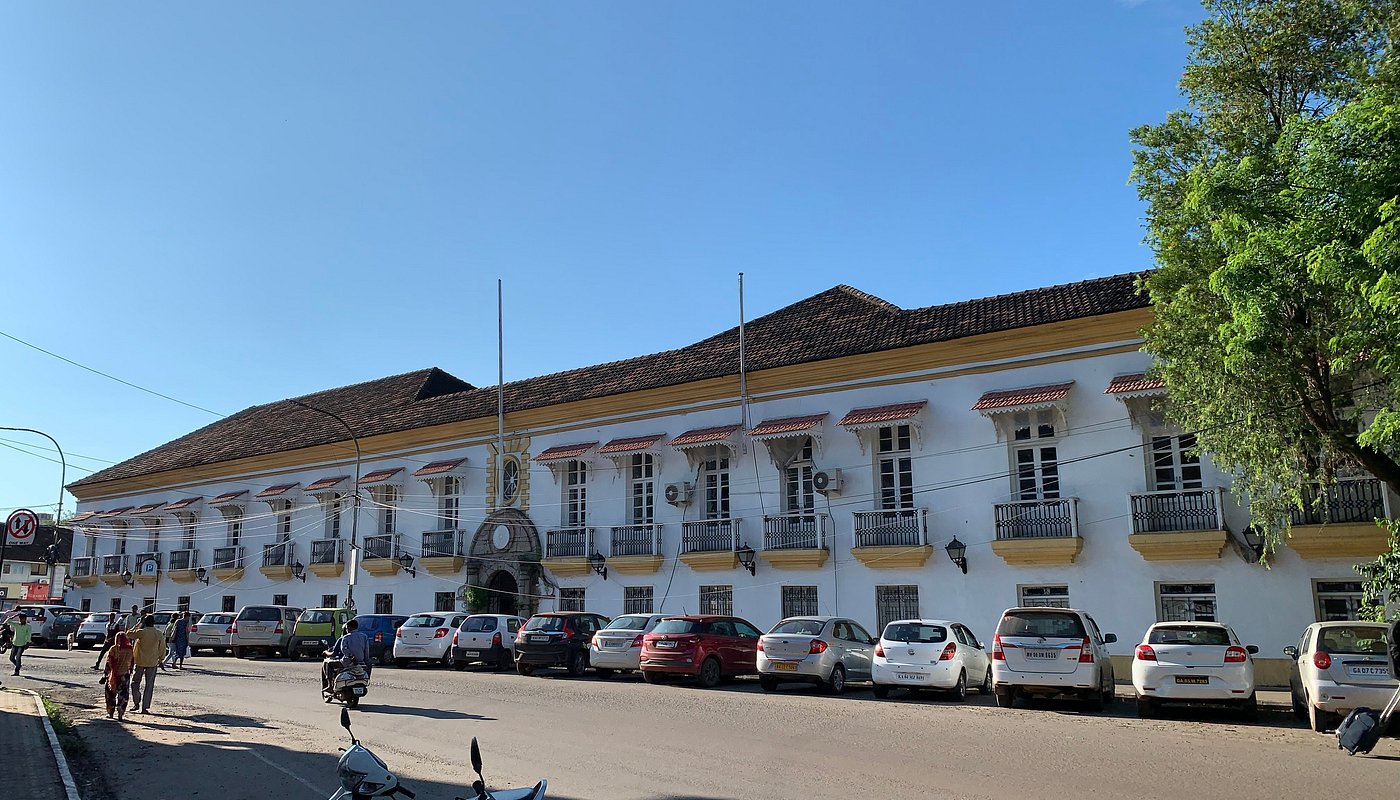
Former Palace of the Adil Shahs, later converted to the Portuguese Viceregal Palace, now houses the Goa Secretariat with Indo-Portuguese architecture.
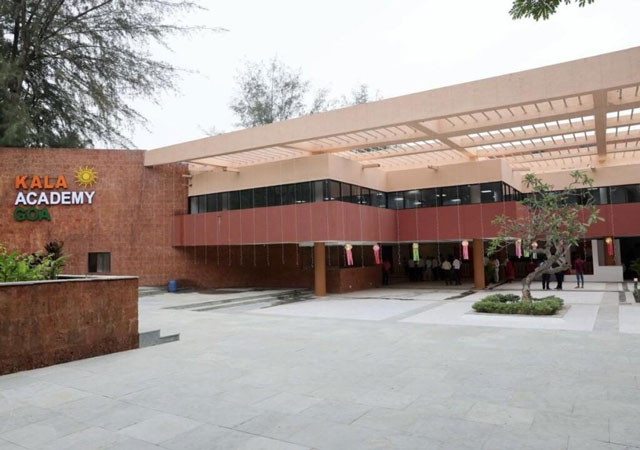
Goa's premier cultural center designed by Charles Correa, showcasing modern architecture while hosting traditional and contemporary arts performances.
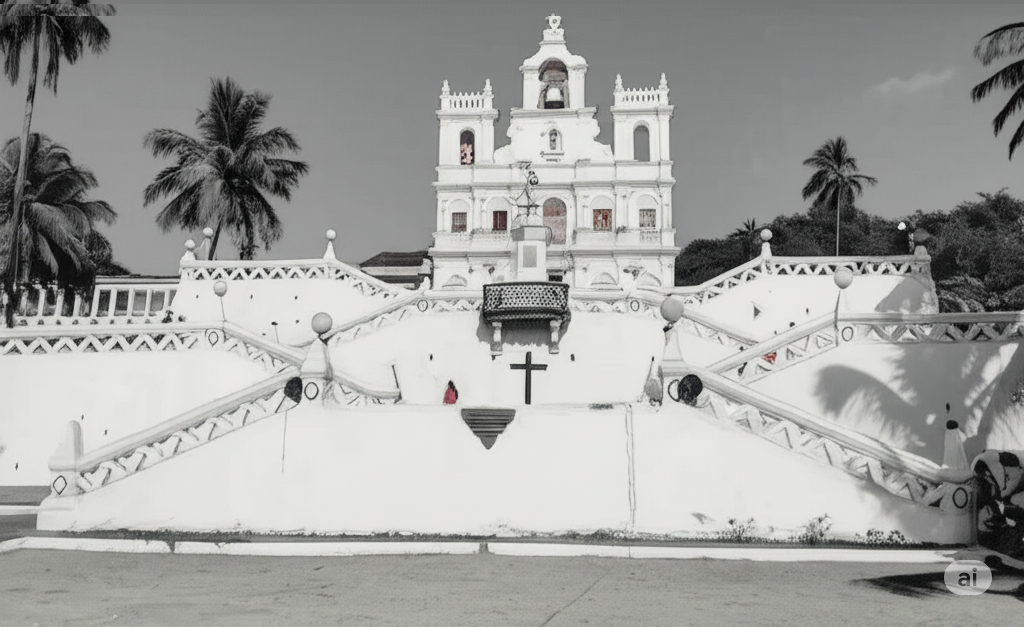
Panaji's most iconic church with its distinctive zigzag stairway, originally built as a chapel for Portuguese sailors.
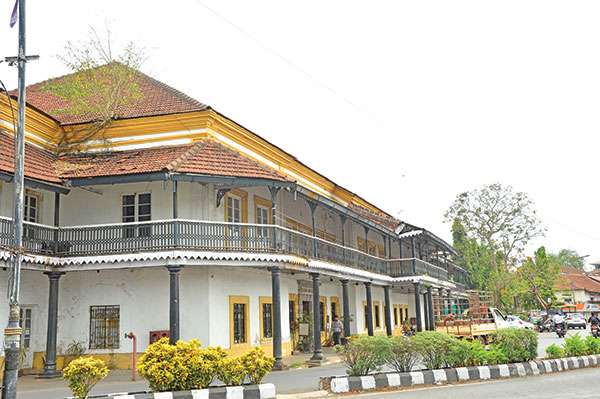
Ruins of the palace of Yusuf Adil Shah, representing the pre-Portuguese Islamic architecture and the Bijapur Sultanate period.
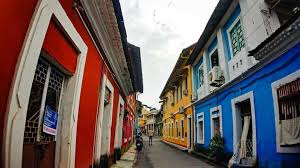
The Latin Quarter of Panaji, featuring narrow winding streets, colorful Portuguese-style houses, and traditional red-tiled roofs.
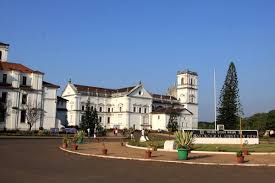
Houses artifacts from Goa's prehistoric to modern times, including sculptures, paintings, and cultural exhibits spanning 4,000 years.
Modern Panaji
A thriving capital balancing heritage preservation with economic growth
Economy & Development
Tourism Industry
Tourism contributes over 30% to Goa's GDP, with Panaji serving as the cultural and administrative hub attracting heritage tourists worldwide.
Information Technology
Growing IT sector with software parks and tech companies establishing offices, contributing to the state's digital economy.
Government Services
As the state capital, Panaji hosts government offices, creating employment and driving the service sector economy.
Tourism Highlights
Heritage Tourism
UNESCO World Heritage sites, colonial architecture tours, and cultural festivals attract over 8 million visitors annually.
River Cruises
Mandovi River cruises offer scenic views of the city, with evening entertainment and cultural performances.
Cultural Events
International Film Festival of India (IFFI), Carnival celebrations, and various cultural festivals throughout the year.
Explore Panaji's Heritage
Discover the stories behind each landmark and trace the city's journey through time